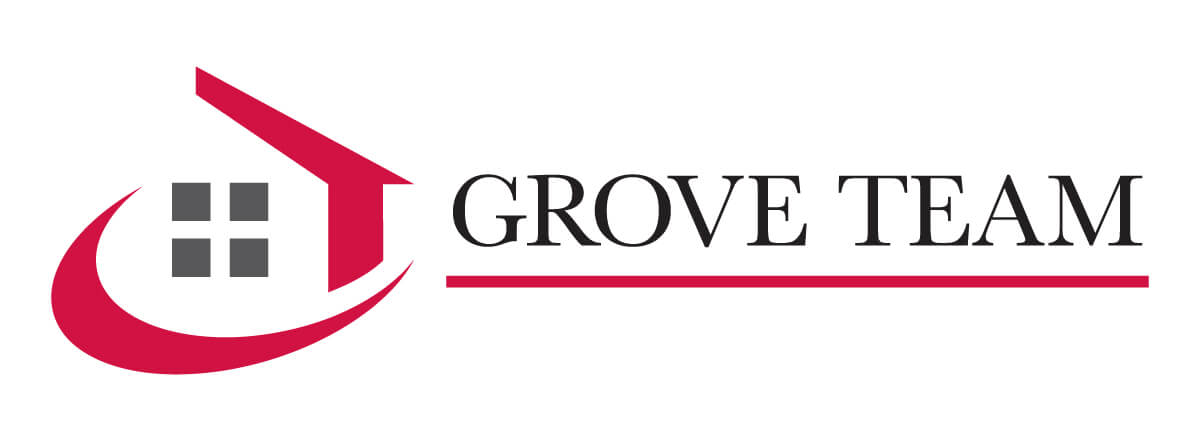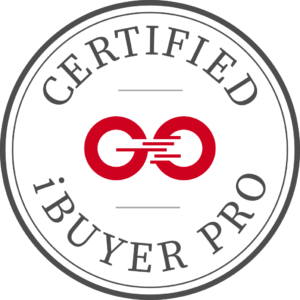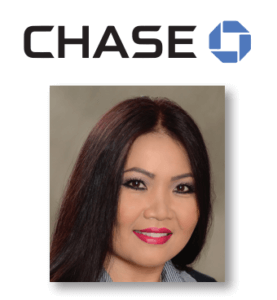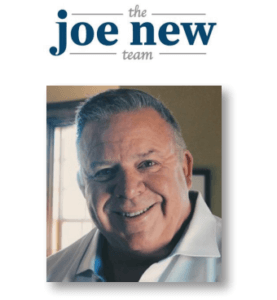Mortgage Information
Looking for the Best Mortgage?
Shopping around for a home loan or mortgage will help you to get the best financing deal. A mortgage whether it’s a home purchase, a refinancing, or a home equity loan is a product, just like a car, so the price and terms may be negotiable. You’ll want to compare all the costs involved in obtaining a mortgage. Shopping, comparing, and negotiating may save you thousands of dollars.
Obtain Information from Several Lenders
Brokers arrange transactions rather than lending money directly; in other words, they find a lender for you. A broker’s access to several lenders can mean a wider selection of loan products and terms from which you can choose. Brokers will generally contact several lenders regarding your application, but they are not obligated to find the best deal for you unless they have contracted with you to act as your agent.
Consequently, you should consider contacting more than one broker, just as you should with banks or thrift institutions. Home loans are available from several types of lenders― thrift institutions*, commercial banks, mortgage companies, and credit unions. Different lenders may quote you different prices, so you should contact several lenders to make sure you’re getting the best price. You can also get a home loan through a mortgage broker.
Whether you are dealing with a lender or a broker may not always be clear. Some financial institutions operate as both lenders and brokers. And most brokers’ advertisements do not use the word “broker.” Therefore, be sure to ask whether a broker is involved. This information is important because brokers are usually paid a fee for their services that may be separate from and in addition to the lender’s origination or other fees.
A broker’s compensation may be in the form of “points” paid at closing or as an add-on to your interest rate*, or both. You should ask each broker you work with how he or she will be compensated so that you can compare the different fees. Be prepared to negotiate with the brokers as well as the lenders.
* Refer to the glossary for the definition.
Glossary
Adjustable-rate loans, also known as variable-rate loans, usually offer a lower initial interest rate than fixed-rate loans. The interest rate fluctuates over the life of the loan based on market conditions, but the loan agreement generally sets maximum and minimum rates. When interest rates rise, generally so do your loan payments; and when interest rates fall, your monthly payments may be lowered.
Annual percentage rate (APR) is the cost of credit expressed as a yearly rate. The APR includes the interest rate, points, broker fees, and certain other credit charges that the borrower is required to pay.
Conventional loans are mortgage loans other than those insured or guaranteed by a government agency such as the FHA (Federal Housing Administration), the VA (Veterans Administration), or the Rural Development Services (formerly know as Farmers Home Administration, or FmHA).
Escrow is the holding of money or documents by a neutral third party prior to closing. It can also be an account held by the lender (or servicer) into which a homeowner pays money for taxes and insurance.
Fixed-rate loans generally have repayment terms of 15, 20, or 30 years. Both the interest rate and the monthly payments (for principal and interest) stay the same during the life of the loan.
The interest rate is the cost of borrowing money expressed as a percentage rate. Interest rates can change because of market conditions.
Loan origination fees are fees charged by the lender for processing the loan and are often expressed as a percentage of the loan amount.
Lock-in refers to a written agreement guaranteeing a home buyer a specific interest rate on a home loan provided that the loan is closed within a certain period of time, such as 60 or 90 days. Often the agreement also specifies the number of points to be paid at closing.
A mortgage is a document signed by a borrower when a home loan is made that gives the lender a right to take possession of the property if the borrower fails to pay off on the loan.
Overages are the difference between the lowest available price and any higher price that the home buyer agrees to pay for the loan. Loan officers and brokers are often allowed to keep some or all of this difference as extra compensation.
Points are fees paid to the lender for the loan. One point equals 1 percent of the loan amount. Points are usually paid in cash at closing. In some cases, the money needed to pay points can be borrowed, but doing so will increase the loan amount and the total costs.
Private mortgage insurance (PMI) protects the lender against a loss if a borrower defaults on the loan. It is usually required for loans in which the down payment is less than 20 percent of the sales price or, in a refinancing, when the amount financed is greater than 80 percent of the appraised value.
Thrift institution is a general term for savings banks and savings and loan associations.
Transaction, settlement, or closing costs may include application fees; title examination, abstract of title, title insurance, and property survey fees; fees for preparing deeds, mortgages, and settlement documents; attorneys’ fees; recording fees; and notary, appraisal, and credit report fees. Lenders are required to furnish the Closing Disclosure at least three business days prior to closing outlining all lender charges and other closing costs.
Mortgage Providers

Alex Varela
817-456-2539
AVarela@Neighborhoodloans.com
950 E. State Highway 114,
Suite 130
Southlake, TX 76092
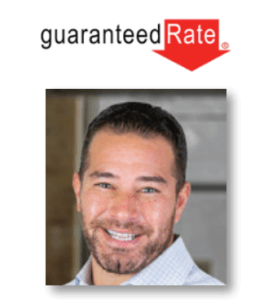
Jash Chavero
773-945-6138
jash.chavero@rate.com
6500 River Place Blvd,
Bldg 2, Suite 203
Austin, TX 78746
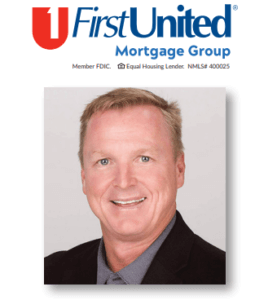
Keary Turner
817-988-9770
keary.turner@firstunitedbank.com
1245 S Main Street, Ste 120
Grapevine, TX 76051
